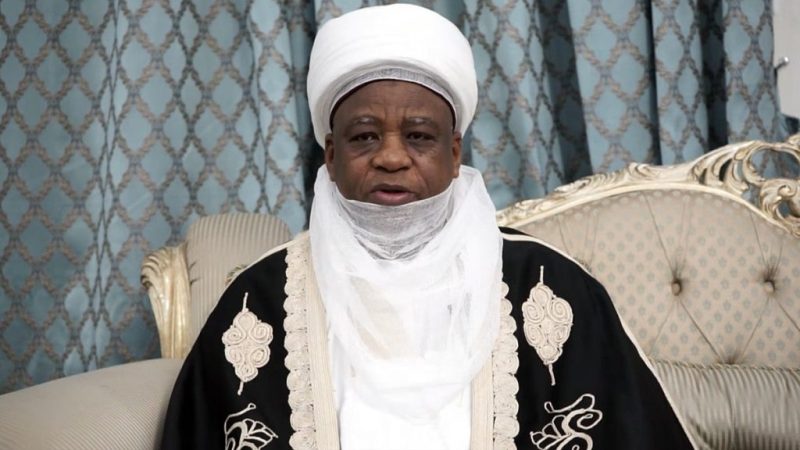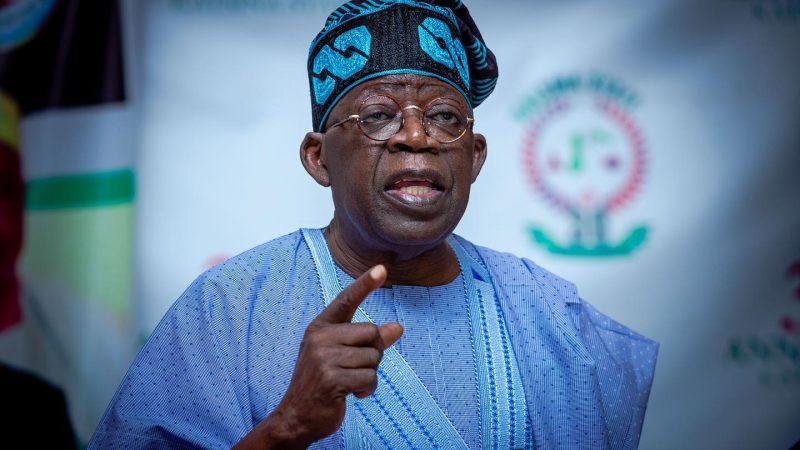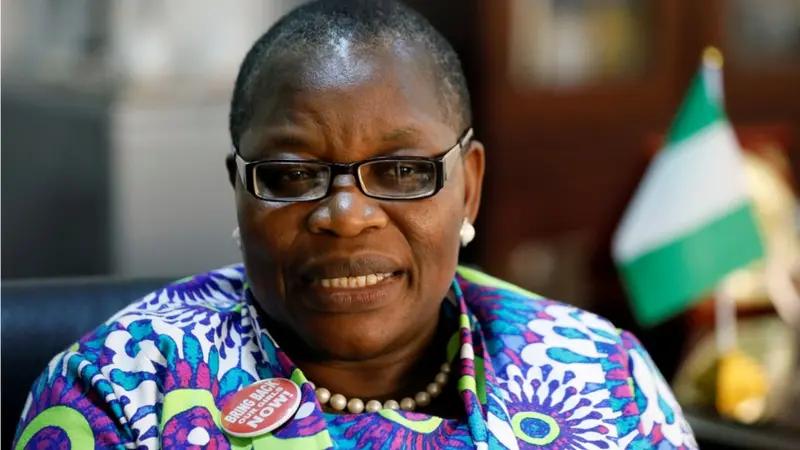The much-anticipated high-level consultative meeting convened by the Federal Government on Monday to resolve the standoff between the Nigeria Union of Petroleum and Natural Gas Workers (NUPENG) and the Dangote Group ended without a concrete resolution.
The meeting, chaired by the Minister of Labour and Employment, Muhammad Dingyadi, brought together NUPENG executives, led by their National President, Williams Akporeha, senior representatives of the Dangote Group, and key industry stakeholders. Originally scheduled for 3:00 p.m., proceedings did not commence until after 5:00 p.m.
By late Monday night, no official communique had been issued by the Labour Ministry, NUPENG leadership, or the Dangote Group, fueling speculation that the talks failed to produce common ground. An industry stakeholder familiar with the discussions hinted that “details are still sketchy” but suggested that “no agreement has been reached yet.”
Earlier, Dingyadi emphasized the significance of the meeting, saying: “We are here to try and reconcile our labour unions in the oil industry and the employers in Dangote Group. This is not the first time we are having this kind of dispute.”
The crisis stems from NUPENG’s accusations that Dangote Group is pursuing anti-labour policies in its plan to roll out 4,000 compressed natural gas (CNG) trucks for nationwide fuel distribution. Akporeha alleged that the strategy is designed to sideline workers, describing it as an attempt to “enslave” labour. The Dangote Group, however, has insisted on going ahead with its policy.
Meanwhile, the impact of NUPENG’s nationwide strike, which officially began on Monday, is already being felt. Major depots and filling stations in Lagos and Warri were shut down in compliance with the union’s directive. In Warri, transport fares surged within hours of the strike’s enforcement.
In Abuja, petrol prices remained steady in most filling stations at between N885 and N910 per litre as of Monday night, with the exception of Empire Filling Station, where prices rose to N950.
The situation has raised fresh concerns of widespread scarcity as other oil unions, including the Petroleum Products Retail Outlets Owners Association of Nigeria (PETROAN), the Petroleum and Natural Gas Senior Staff Association of Nigeria (PENGASSAN), the Natural Oil and Gas Suppliers Association of Nigeria (NOGASA), and the Nigerian Association of Road Transport Owners (NARTO), have threatened to join the industrial action.
The National President of the Independent Petroleum Marketers Association of Nigeria (IPMAN), Abubakar Maigandi, stressed in an interview on Monday that only a sustainable resolution would prevent further hardship for Nigerians.
With no deal reached and more unions threatening solidarity action, analysts warn that the deadlock could plunge the country into another round of crippling fuel scarcity, sending pump prices to record highs in the coming days.
The much-anticipated high-level consultative meeting convened by the Federal Government on Monday to resolve the standoff between the Nigeria Union of Petroleum and Natural Gas Workers (NUPENG) and the Dangote Group ended without a concrete resolution.
The meeting, chaired by the Minister of Labour and Employment, Muhammad Dingyadi, brought together NUPENG executives, led by their National President, Williams Akporeha, senior representatives of the Dangote Group, and key industry stakeholders. Originally scheduled for 3:00 p.m., proceedings did not commence until after 5:00 p.m.
By late Monday night, no official communique had been issued by the Labour Ministry, NUPENG leadership, or the Dangote Group, fueling speculation that the talks failed to produce common ground. An industry stakeholder familiar with the discussions hinted that “details are still sketchy” but suggested that “no agreement has been reached yet.”
Earlier, Dingyadi emphasized the significance of the meeting, saying: “We are here to try and reconcile our labour unions in the oil industry and the employers in Dangote Group. This is not the first time we are having this kind of dispute.”
The crisis stems from NUPENG’s accusations that Dangote Group is pursuing anti-labour policies in its plan to roll out 4,000 compressed natural gas (CNG) trucks for nationwide fuel distribution. Akporeha alleged that the strategy is designed to sideline workers, describing it as an attempt to “enslave” labour. The Dangote Group, however, has insisted on going ahead with its policy.
Meanwhile, the impact of NUPENG’s nationwide strike, which officially began on Monday, is already being felt. Major depots and filling stations in Lagos and Warri were shut down in compliance with the union’s directive. In Warri, transport fares surged within hours of the strike’s enforcement.
In Abuja, petrol prices remained steady in most filling stations at between N885 and N910 per litre as of Monday night, with the exception of Empire Filling Station, where prices rose to N950.
The situation has raised fresh concerns of widespread scarcity as other oil unions, including the Petroleum Products Retail Outlets Owners Association of Nigeria (PETROAN), the Petroleum and Natural Gas Senior Staff Association of Nigeria (PENGASSAN), the Natural Oil and Gas Suppliers Association of Nigeria (NOGASA), and the Nigerian Association of Road Transport Owners (NARTO), have threatened to join the industrial action.
The National President of the Independent Petroleum Marketers Association of Nigeria (IPMAN), Abubakar Maigandi, stressed in an interview on Monday that only a sustainable resolution would prevent further hardship for Nigerians.
With no deal reached and more unions threatening solidarity action, analysts warn that the deadlock could plunge the country into another round of crippling fuel scarcity, sending pump prices to record highs in the coming days.





